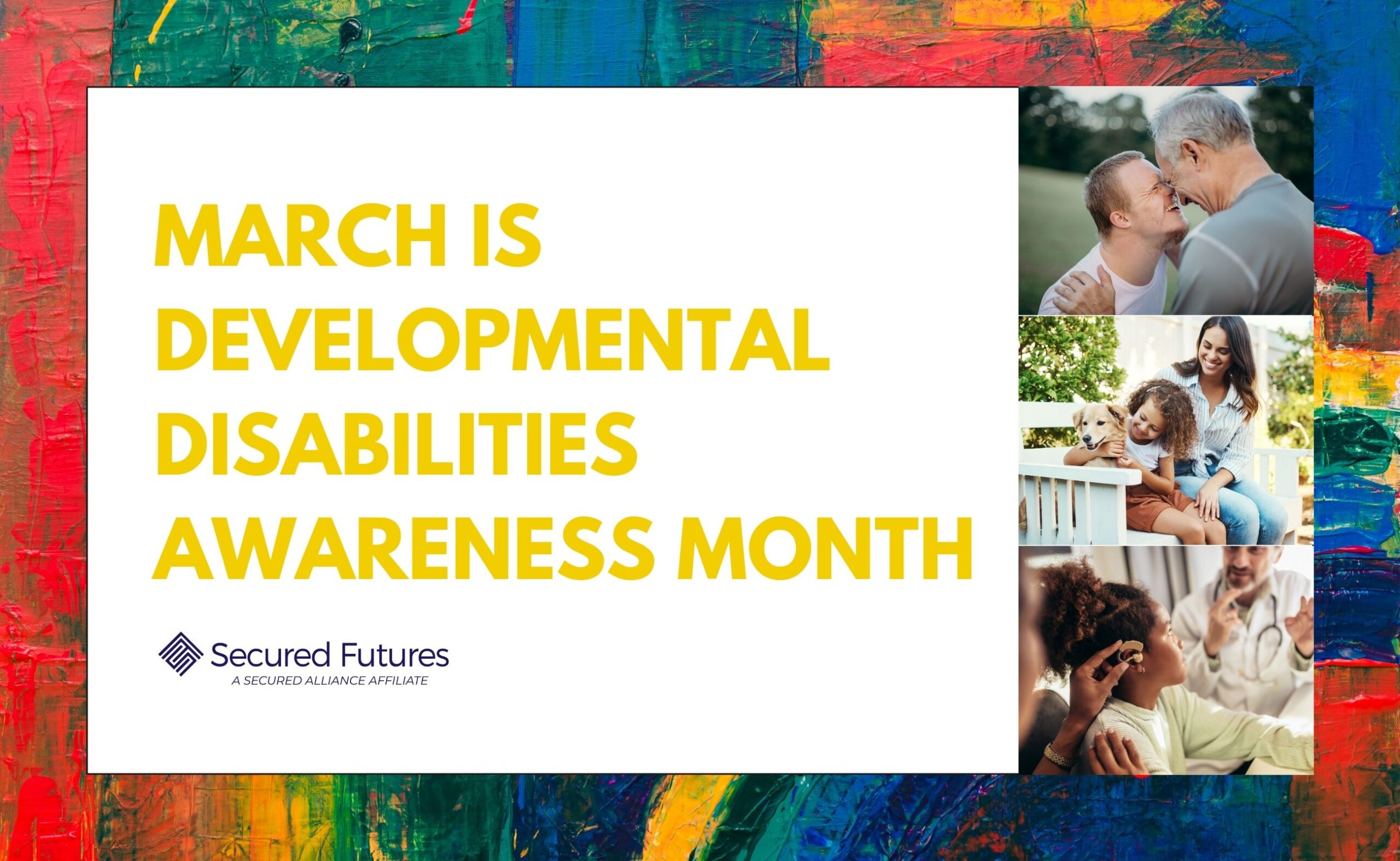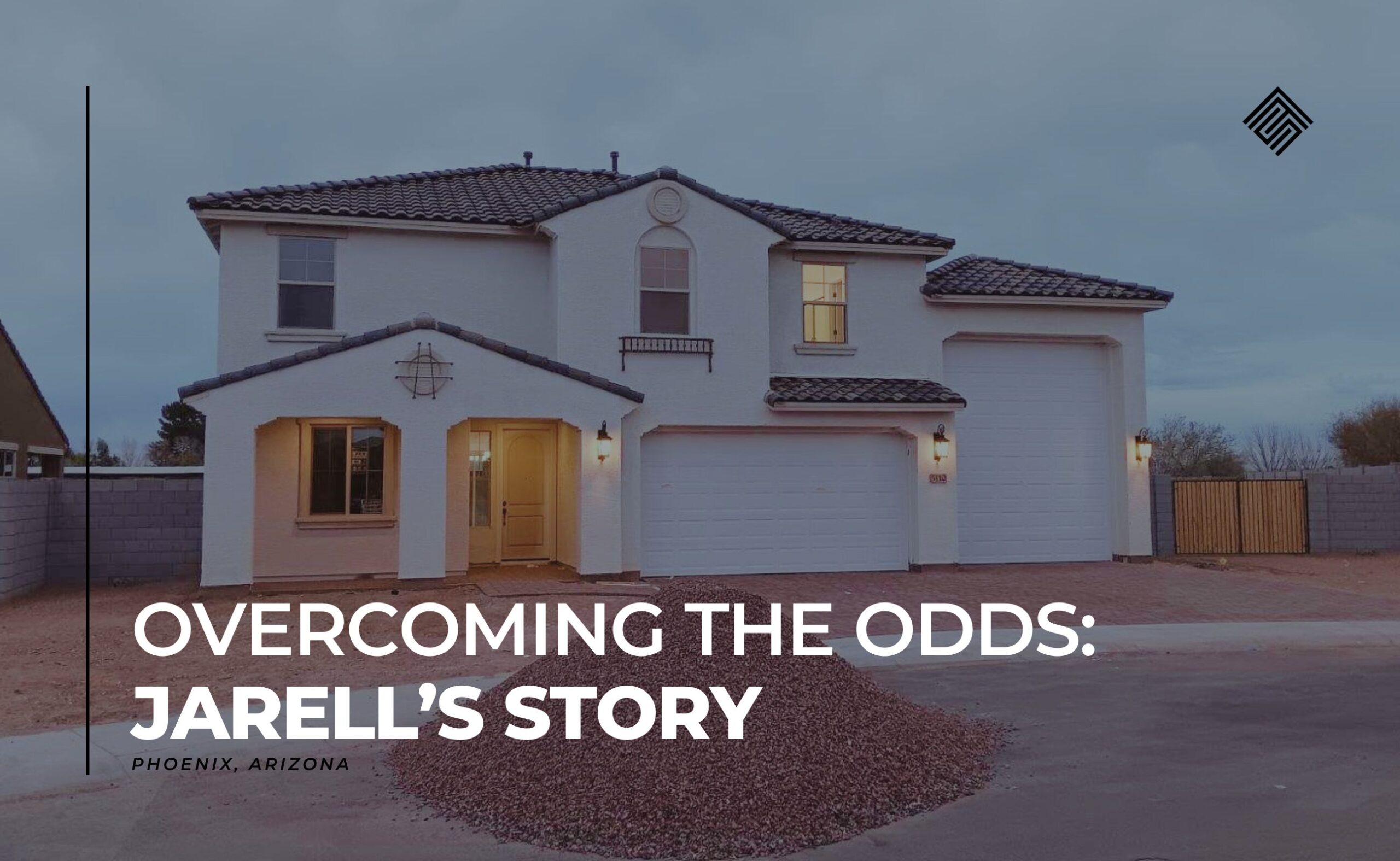Secured Futures Blog
Navigating SSI and Medicaid:
Understanding the Significance of a Spend Down
 In the realm of trust administration and estate planning, navigating the complexities of government assistance programs like Supplemental Security Income (SSI) or Medicaid is paramount. Recipients of (SSI) or Medicaid could risk losing their eligibility if they have too much cash, or too many assets, which put them over the income and asset limits for eligibility. This is when a Pooled Special Needs Trust comes in, and in some cases a Spend Down.
In the realm of trust administration and estate planning, navigating the complexities of government assistance programs like Supplemental Security Income (SSI) or Medicaid is paramount. Recipients of (SSI) or Medicaid could risk losing their eligibility if they have too much cash, or too many assets, which put them over the income and asset limits for eligibility. This is when a Pooled Special Needs Trust comes in, and in some cases a Spend Down.
One critical aspect that often arises in SSI or Medicaid planning is the concept of a Spend Down Notice. For trust administration organizations and individuals entrusted with managing assets for beneficiaries, understanding what a Spend Down Notice entails is essential. Let’s dive into this topic to shed light on its significance and implications.
Please Note: Some State’s Medicaid program names vary. For example, Medicaid in California is called Medi-Cal, and in Massachusetts, it ‘s called MassHealth.
What is a Spend Down?
A Spend Down is a spending plan designed to ensure any assets over the established eligibility limits are spent in the same calendar month it is received. This spending plan is ideal when a person is receiving means-tested benefits which they can comfortably spend in one calendar month on themselves– no gifting or “paying back” is allowed.
While a Pooled Special Needs Trust is a great way for children and adults with disabilities to receive an inheritance or settlement and maintain their needs-based government benefit eligibility, there are some situations when a Pooled Special Needs Trust doesn’t make sense and in these cases, we recommend a spend down to satisfy immediate needs while keeping eligibility intact.
What Can a Spend Down Pay for?
- Paying off debts
- Purchasing a primary residence or vehicle
- Rent or utilities within the calendar month
- Purchasing furniture or appliances
- Prepaid burial arrangements
- Legal fees
- Educational expenses
- Medical expense and equipment not covered by Medicaid
- Entertainment, recreation, or vacation expenses
- Personal products
This list is intended to give you a general idea of commonly allowed purchases but is not all-inclusive.
What is a Spend Down Notice?
A Spend Down Notice is a crucial component of SSI or Medicaid eligibility for individuals whose income exceeds the program’s thresholds but still face significant medical expenses. Essentially, it serves as a mechanism for individuals to “spend down” their excess income on medical bills to qualify for coverage.
Government assistance programs like Supplemental Security Income (SSI) or Medicaid generally require notification of the funds received along with documentation of all expenses paid to avoid eligibility violations. This notice may include receipts, settlement or inheritance information, and bank statements. If you have additional questions or need assistance, we encourage you to contact your local Social Security and Medicaid office for details or consult a Special Needs Attorney.
How Does it Impact Trust Administration?
For a trustee, understanding the implications of a Spend Down is vital when managing the assets of beneficiaries who may require SSI or Medicaid assistance. Here’s how it can affect trust administration:
- Income Management: Trustees must be aware of beneficiaries’ income levels and any potential fluctuations that may trigger the need for SSI or Medicaid. Proper income management can help beneficiaries strategically utilize their resources to meet Spend Down requirements while preserving assets held in trust.
- Coordination with Healthcare Providers: Trust administrators may need to collaborate with healthcare providers to ensure that beneficiaries’ medical expenses are properly documented and accounted for during the Spend Down process. This coordination is essential for demonstrating compliance with SSI or Medicaid regulations.
- Financial Planning: Incorporating SSI or Medicaid planning into overall financial strategies is crucial for trust administrators. By proactively addressing potential Spend Down requirements, trustees can help beneficiaries navigate eligibility while safeguarding their financial interests.
Key Considerations for Trustees
- Documentation and Record-Keeping: Maintaining detailed records of beneficiaries’ medical expenses is essential for demonstrating compliance with Spend Down requirements. Trust administrators should implement robust systems for documentation and record-keeping to facilitate eligibility.
- Communication with Beneficiaries: Transparent communication with beneficiaries about the implications of a Spend Down Notice is crucial. Trust administrators should educate beneficiaries about SSI or Medicaid eligibility criteria and the role of Spend Down in accessing healthcare coverage.
- Adaptability and Flexibility: SSI or Medicaid regulations and eligibility criteria may vary across states and evolve over time. Trust administration organizations must stay informed about changes in SSI or Medicaid policies to adapt their strategies accordingly and ensure compliance.
In the realm of trust administration and estate planning, understanding the intricacies of SSI or Medicaid, including the concept of a Spend Down, is essential for effectively managing beneficiaries’ assets and ensuring their access to healthcare coverage. By incorporating SSI or Medicaid planning into trust administration strategies and maintaining proactive communication with beneficiaries, organizations can navigate the complexities of Spend Down requirements while safeguarding beneficiaries’ financial well-being.
Learn More: How to send a Spend Down Notice: A 3-Step Guide
If you have additional questions or need assistance, we encourage you to contact your local Social Security and Medicaid office for details or consult a Special Needs Attorney. Please keep in mind, there may be a charge to consult an attorney.
![]()
For more posts like this, follow Secured Futures everywhere you can find us online, and check out our Blog for articles that cover topics just like this one!
SUBSCRIBE TO LEARN MORE
Get news and updates straight to your inbox


